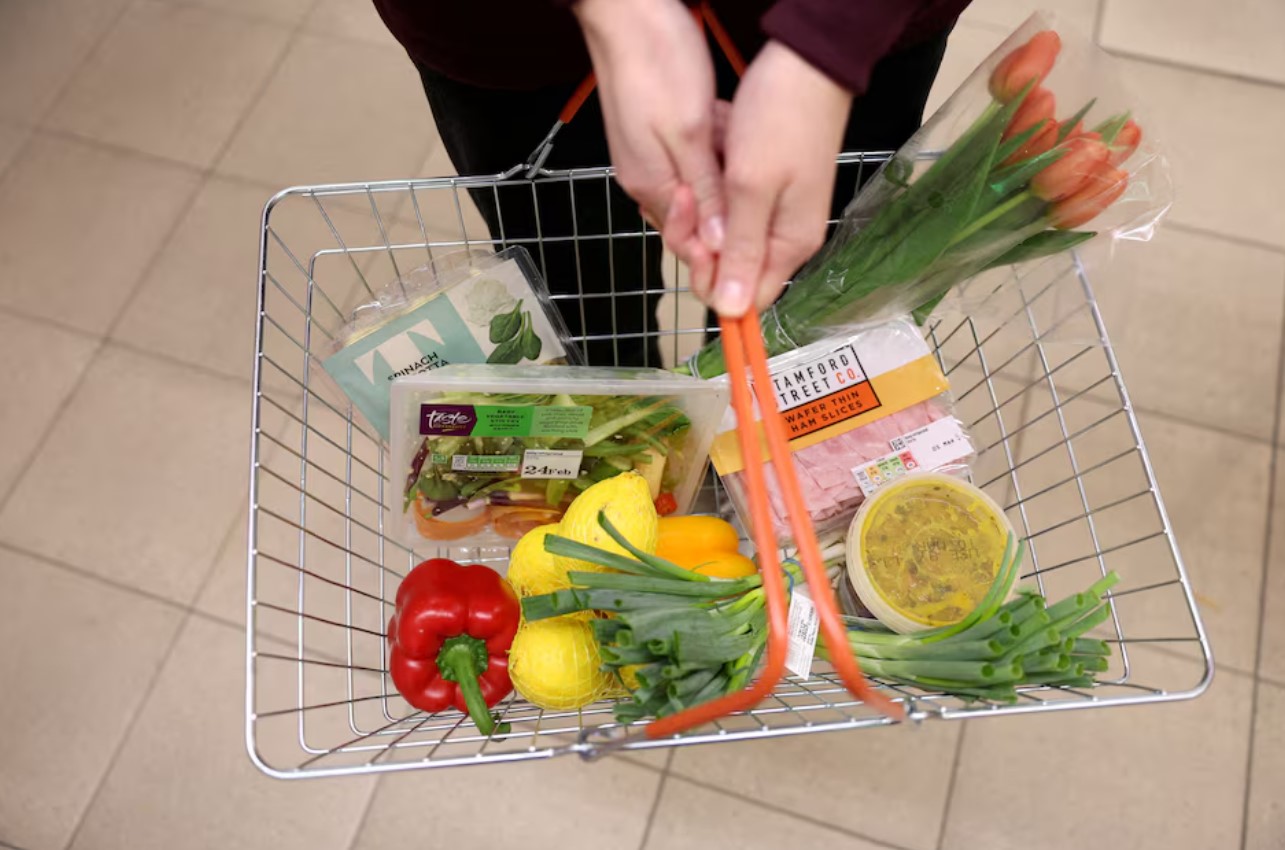Prices for frozen molluscs and fresh fish rose in September compared to August, while fresh meat prices fell over the same period, the consumer protection service’s latest price observatory showed on Tuesday.
However, it also showed that several products that had increased in price in August recorded notable price drops compared to September 2024.
The observatory tracks the average price of 250 basic consumer goods, including food and household items, in 400 retail stores across Cyprus throughout the month.
Data from the statistical service shows that annual inflation continued to fall in September, remaining in deflationary territory since May.
Compared to September last year, the biggest price increase was in services, up three per cent. Meanwhile, electricity prices dropped by 11 per cent, petroleum products fell 2.7 per cent, and food and non-alcoholic beverages declined by three per cent. Agricultural products also saw a five per cent decrease, though they rose 3.5 per cent compared to August 2025.
Of the 45 basic product categories monitored, 32 saw price increases compared to August. However, 21 of these categories were still down between three and 31 per cent compared to September last year.
Eight categories recorded a price decrease, all part of the e-kalathi basket, while five categories showed no change, including fresh milk, Cypriot coffee, baby milk, canned fish and broths.
Notable monthly price rises included frozen molluscs and shellfish (+13.8 per cen), fresh fish and molluscs (+12.7 per cent), and fresh vegetables and herbs (+9.5 per cent). Frozen fish increased by 4.2%. Baby food, biscuits, sugar, fabric softeners, vegetable cooking fat and pasta also saw moderate monthly gains ranging from 2.4 to 3.7 per cent.
On the other hand, fresh meat prices fell by four per cent compared to August. Other products with monthly declines included baby diapers (-2.4 per cent), eggs (-1.8 per cent), breakfast cereals (-1.5 per cent), sanitary napkins, and cheeses (both -1 per cent). Despite these monthly moves, several categories remain higher than last September.
The consumer protection service’s supermarket price comparisons on the e-kalathi platform show a narrowing price gap for common products.
When the platform launched on June 12 the cost difference for a basket of 228 identical products across seven major supermarkets was €230 (€990 at the most expensive versus €760 at the cheapest). By October this year, the gap had reduced to €147 (€961 versus €814) for the same basket.
The service also tracks price variations for a smaller basket of 40 common products across all e-kalathi categories. On June 15, the difference between the most expensive and cheapest supermarket was €43 (€179 versus €136). By October 15 this gap had tightened to €23 (€171 versus €149), reflecting increased price convergence.
The service encourages consumers to use the e-kalathi platform and its mobile app for more informed and cost-effective purchases.






Click here to change your cookie preferences